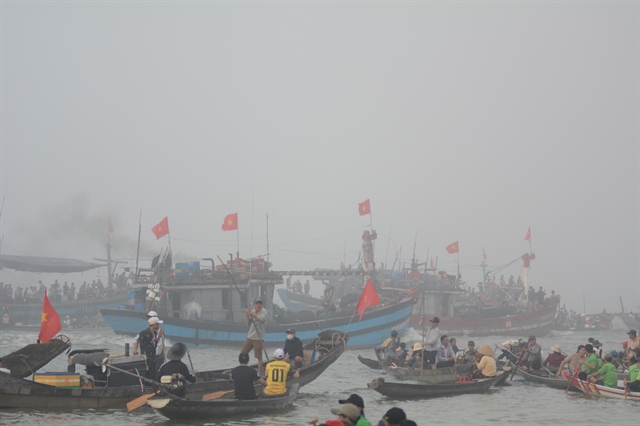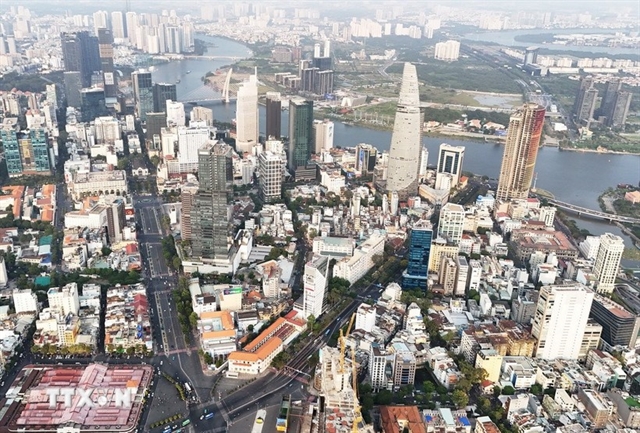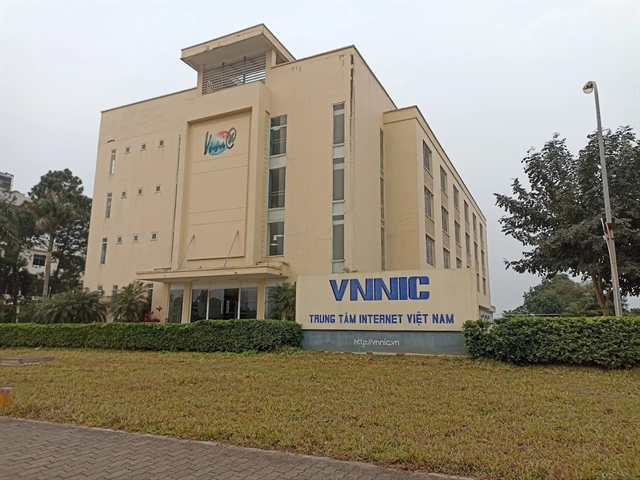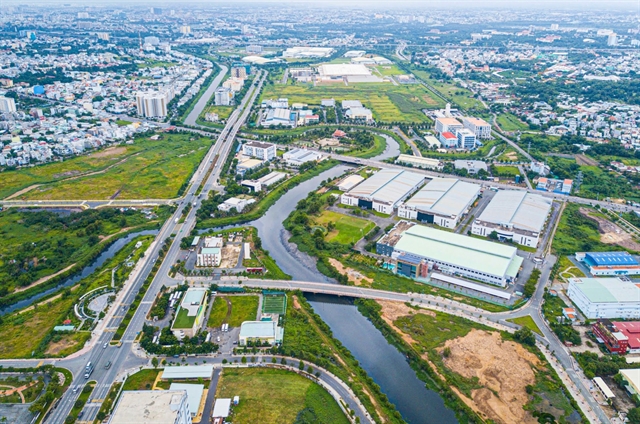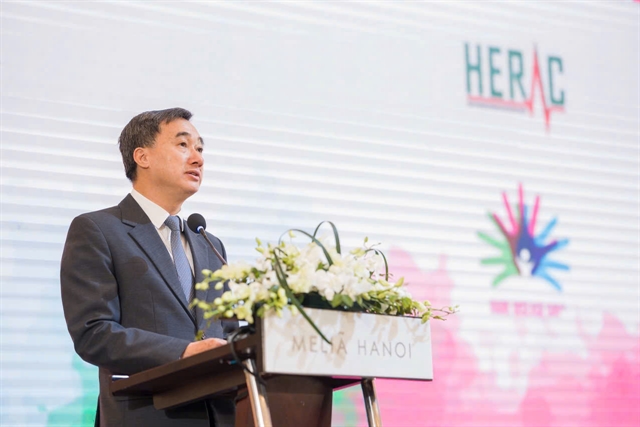 Society
Society

HCM City has advanced to this month an extraordinary meeting to discuss waste treatment and environmental pollution after National Assembly deputies from the city expressed concern over the issues, a leader said.
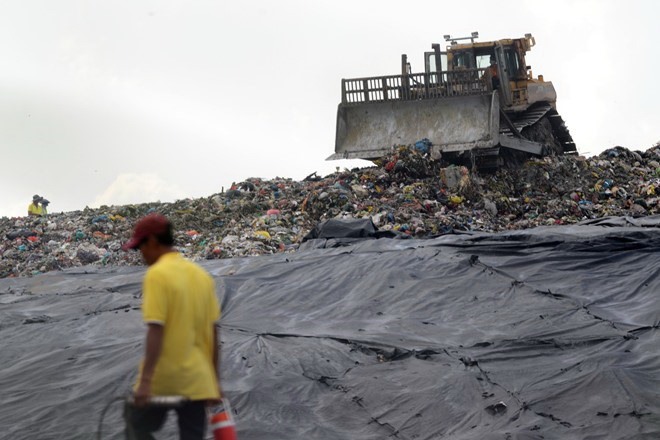 |
| The Đa Phước Waste Treatment Complex in HCM City’s Bình Chánh District treats more than 5,000 tonnes of waste a day. The city is seeking to resolve issues related to waste treatment and management and environmental pollution. Photo Anh Tuấn |
HCM CITY — HCM City has advanced to this month an extraordinary meeting to discuss waste treatment and environmental pollution after National Assembly deputies from the city expressed concern over the issues, a leader said.
Nguyễn Thị Quyết Tâm, chairwoman of the People’s Council, said the meeting on urban environment and waste management was initially planned to be held at the end of this year.
According to the People’s Council, the city generates 7,500 tonnes of waste a day, which are sent to Đa Phước Waste Treatment complex in Bình Chánh District for treatment.
NA deputy Lê Nguyễn Minh Quang said the city should have more than one waste treatment facility and not rely solely on Đa Phước. He called on the People’s Committee to reopen the Phước Hiệp waste treatment plant in Củ Chi District, which has been unused for many years.
But Nguyễn Toàn Thắng, director of the Department of Natural Resources and Environment, said only one waste treatment plant at Phước Hiệp was closed due to technical reasons. Two other facilities run by the Vietstar and Tâm Sinh Nghĩa companies are treating around 500 tonnes daily, he said. The city also plans to build a waste treatment plant in Long An Province this year, he added.
City waste increase every year, with most of it now buried, affecting the environment, experts say. Besides the stench, water leaks from landfills have also raised environmental concerns.
For instance, Đa Phước has created a health hazard and detracted from the investment environment of District 7.
Dr Lê Văn Khoa of the HCM City Polytechnic University said the problem is the city lacks technologies to classify waste before treatment.
Since 2004 the city has been running a pilot programme to classify solid wastes before treatment in Districts 1, 3, 5, 6, 7, 8, 9, 10, Bình Thạnh, Phú Nhuận, and Củ Chi and at wholesale markets. But this has not proven too effective since only 25 per cent of solid wastes is classified.
The city also lacks the funds required to create infrastructure for solid-waste classification systems.
Experts said that in most developed countries, domestic and industrial wastes are carefully categorised and treated or recycled depending on whether they are organic or inorganic.
Khoa said the city should make environmental education mandatory to improve public awareness of the need to protect the environment by treating waste properly. — VNS

